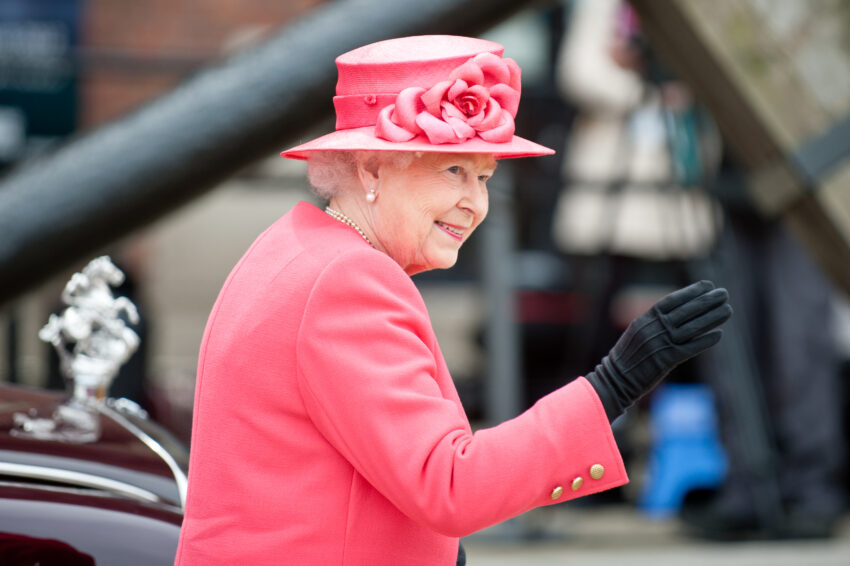As a British citizen, the criticism which bubbled up as her reign ended was deeply disturbing.
Whilst in recent times opportunistic voices from within the British royal family have made racist insinuations, post-passing other public officials, such as Greens Senator Mehreen Faruqi, have been more out spoken about their negative views with comments that describe a ”racist empire built on stolen lives, land and wealth”
As an immigrant myself who came to the UK as a child and was accepted in open arms, as well as most of the citizens of the UK who lived under her reign, nothing is farther than the truth.
Her Majesty’s reign was filled with acceptance of those with different ethnicities, origins, and backgrounds.
Queen Elizabeth II’s Britain is a place of inclusivity and equal opportunity
Queen Elizabeth’s II legacy on diversity and freedom
Queen Elizabeth II has been an advocate for equality her entire life. Going back as far as 1947, the young Queen made her pledge to South Africa. In her speech, she claimed to welcome the opportunity to speak to everyone she represents. Their race and the place they lived had no importance in the royal equation.
Before Queen Elizabeth II rose to power, the citizens of the UK had a different perception of monarchy than today. The now outdated views on the Crown that contained terms like imperialism and oppression are the antithesis of her Majesty.
When she took the throne in 1952, more than a quarter of the world’s population was under British imperial power. During her rule, more than 20 countries gained independence. That is a testament to the Queen’s mindset and values from the get-go.
Queen Elizabeth II did far more than attending charitable events that promised change. Her Majesty worked tirelessly to make inclusion a reality within the country.
When looking at the citizens’ daily lives, the working sector has the Queen’s fingerprints all over it. Her fight for equality has resulted in the normality of inclusion, which couldn’t have occurred in times before her reign.
The unfair criticism that Queen Elizabeth II has received about race, immigration, imperialism
Queen Elizabeth had no intention of ever creating a culture in the UK that could be perceived as racist. Her former speeches across countries have proven the values that both she and the realm represent.
There is no denying the past. Britain has evolved significantly and given so many immigrants an opportunity to build new lives. This equal opportunity is painted across British politics, where many of the cabinets in charge, like the Mayor of London, are children of migrants. This is unparalleled compared with any of our neighbors.
It almost appears that finding empty accusations against the monarchy has become a trend. Whenever an important generational event occurs, people often escape to the most straightforward solution: blind and unfunded hatred. Sadly, in today’s world, citizens and politicians get more attention through hate and humiliation rather than praise. Her Majesty doesn’t deserve the criticism after devoting her life to the people of the UK and the world.
Queen Elizabeth II’s Britain is a place of inclusivity and equal opportunity
While it’s easy, I believe it is unfair to blame a single person and hold them accountable for events that took place before their birth. Queen Elizabeth II had no connection to the more disturbing past of Britain. All she did since taking power was make sure that the modernization of Britain would be apparent to both the UK and the rest of the world.
While many Monarchs still hold their countries to values set hundreds of years ago, the Queen has made sure Britain is up to date with both political and social standards of the west. Maintaining a balance between highlighting the importance of monarchy and realizing we live in the 21st century is an enormous achievement.
The Queen supported decolonization, and she advocated for freedom of speech, for example, in Hong Kong. Her influence on countries that are less fortunate is all the testament needed to exemplify her greatness. Many countries saw the Queen as the champion of freedom.
The events of the past two weeks since the passing of her Majesty prove that she is deeply beloved by the people. The citizens are mourning the loss of their leader, her dedication, and her talent for leading in such times of change.
Britain and the commonwealth countries will surely mourn the loss of my role model, her legacy, her strength, and a great human. May she rest in peace with her beloved husband.
Author’s bio: Farnoush Farsiar is a London-based businesswoman. She and her family emigrated to the UK when she was a baby.


